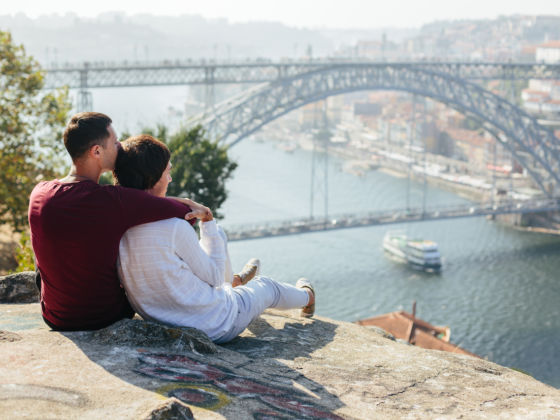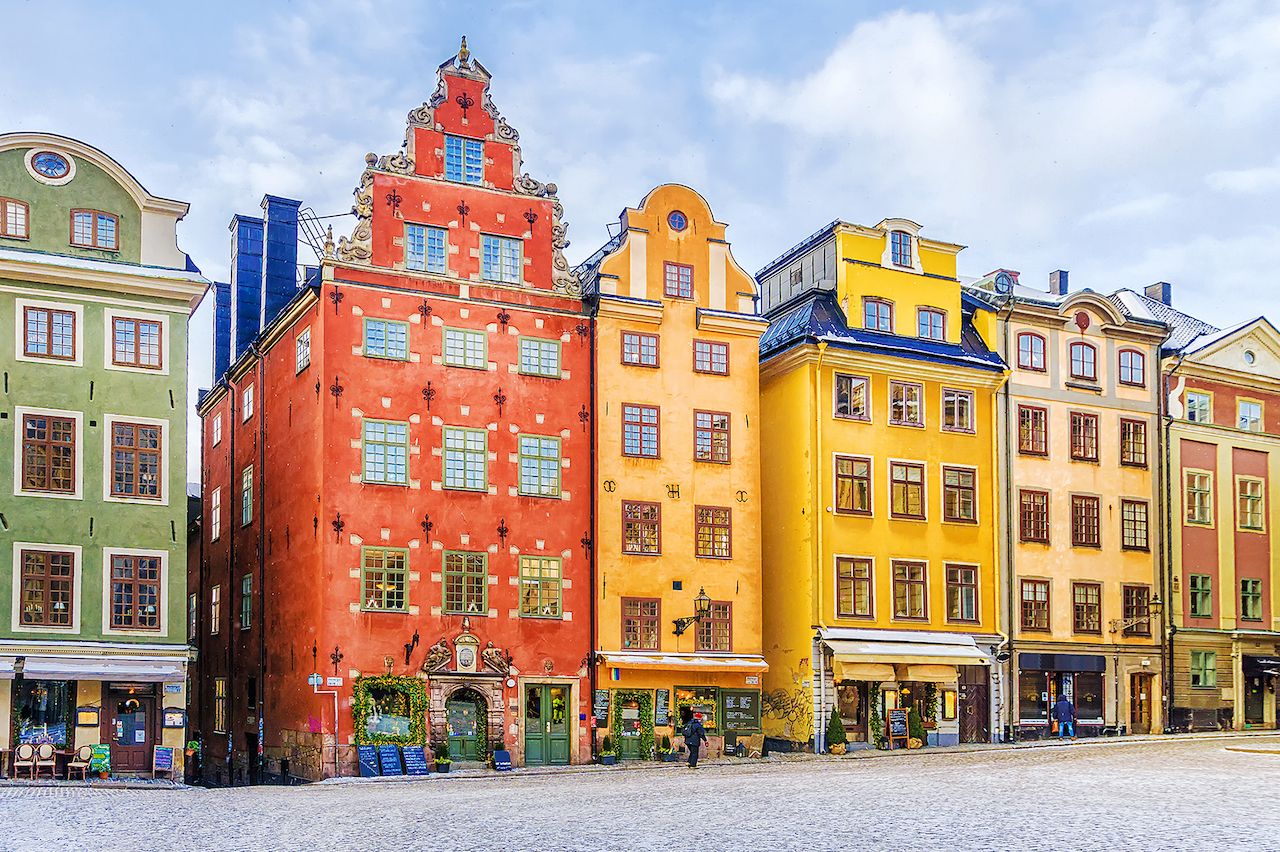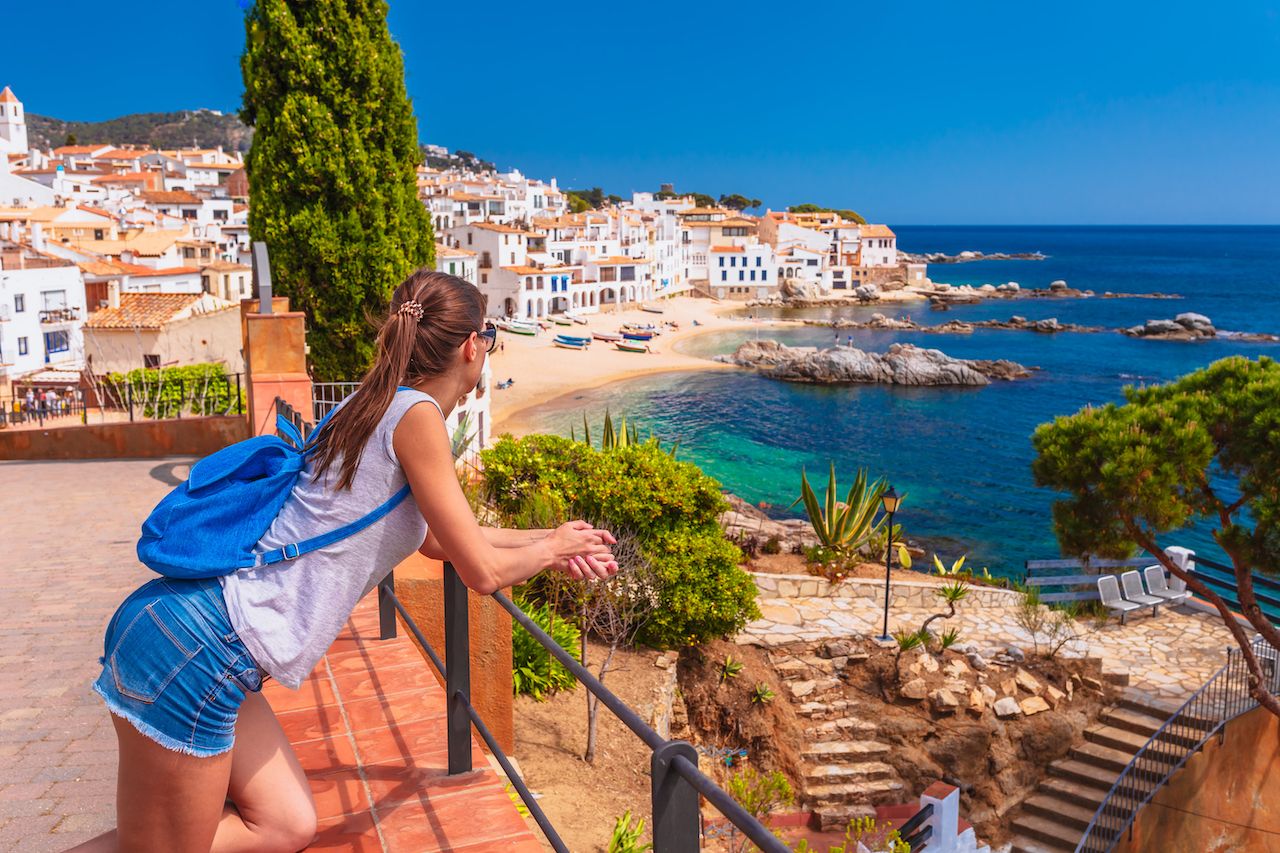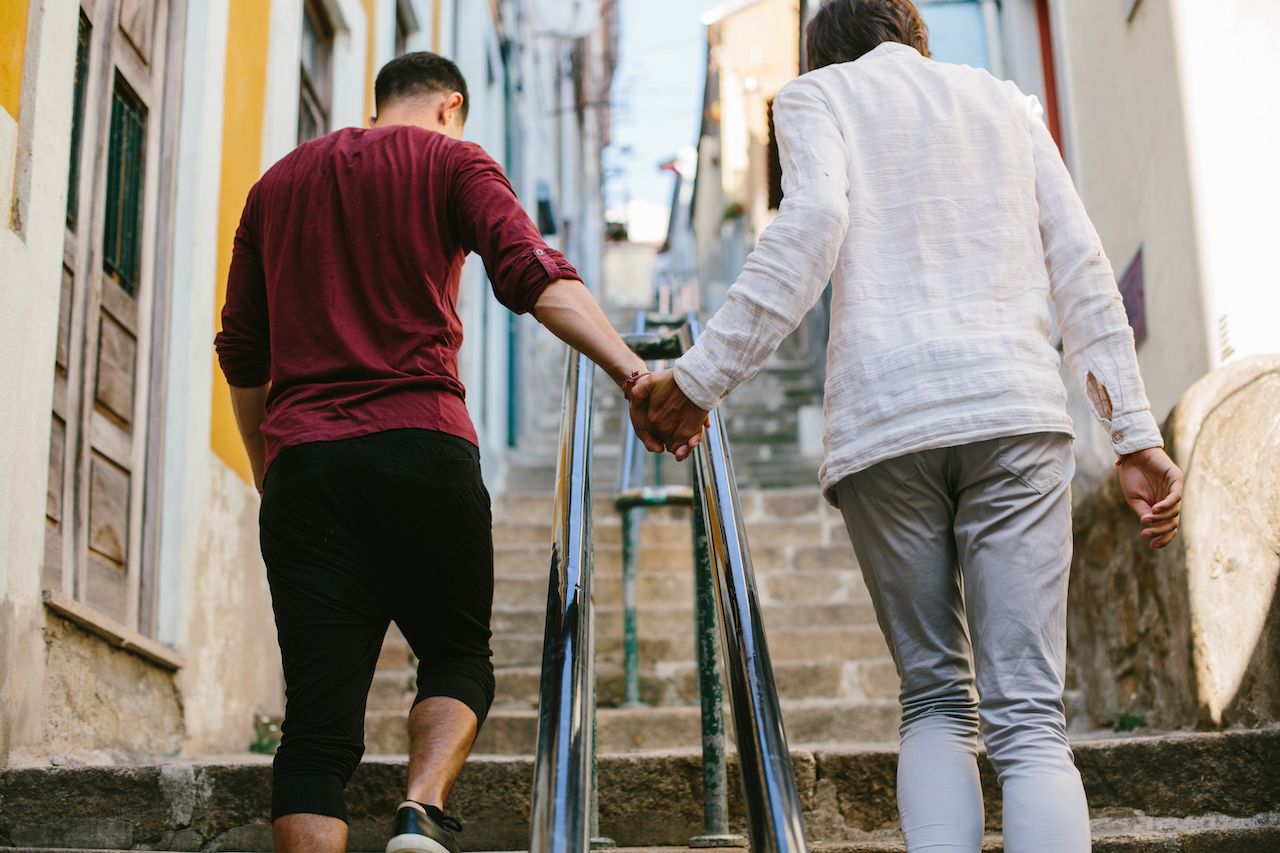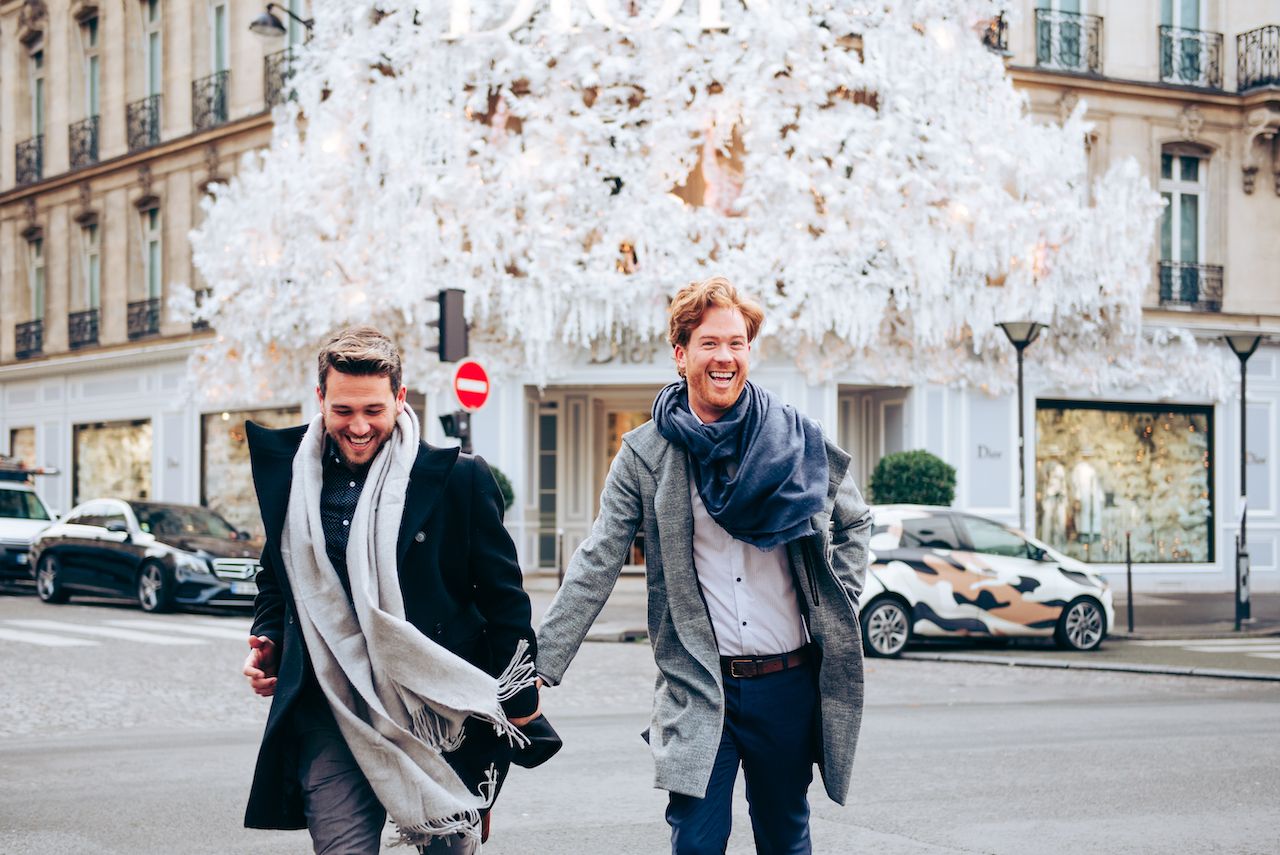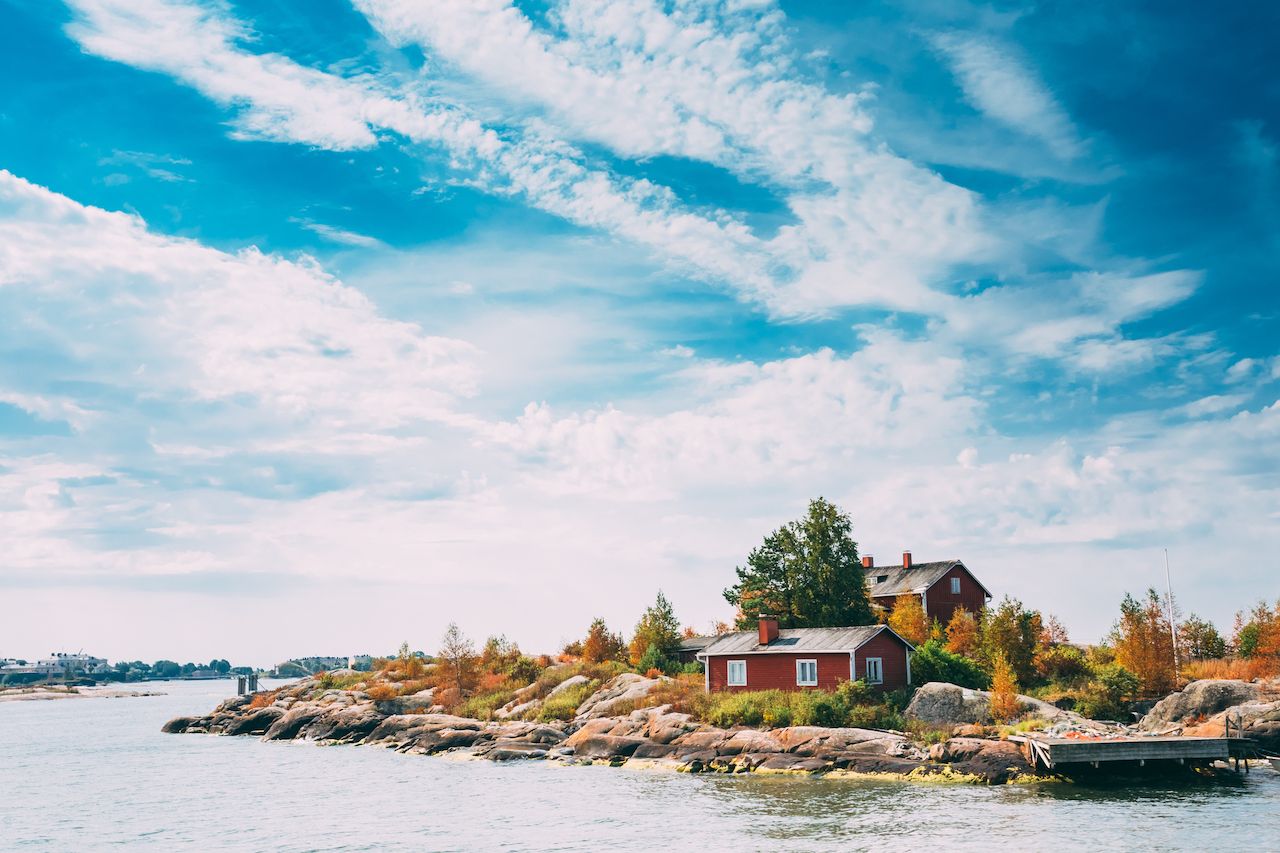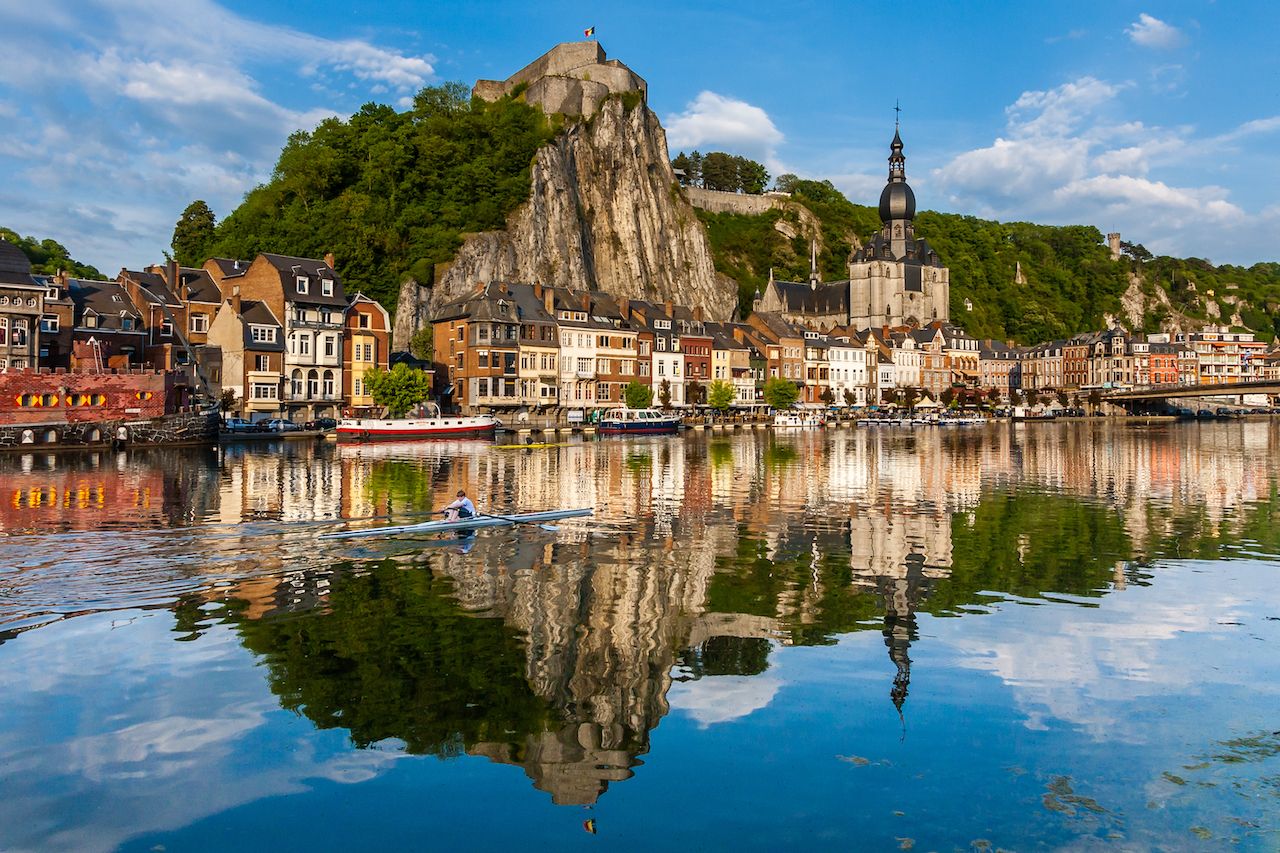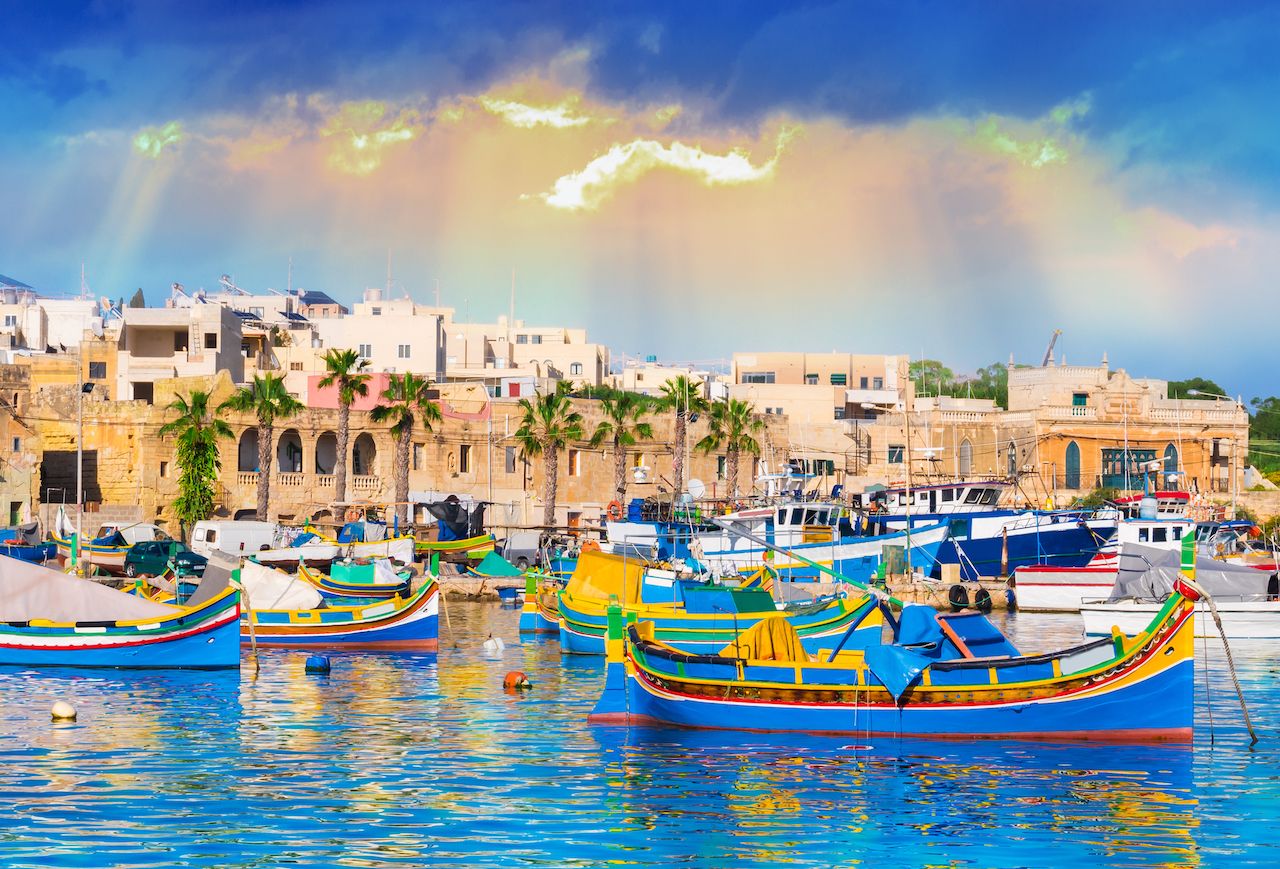Compared to every other continent in the world, Europe has proven time and time again that it truly values its LGBTQ population. Whether this is demonstrated through anti-discrimination legislation, queer representation in government, or rich and diverse tourism, a large majority of the countries have set the bar for equality and acceptance.
In order to understand what countries in Europe are the most accepting of its LGBTQ citizens and international tourists, the European Region of the International Lesbian, Gay, Bisexual, Trans, and Intersex Association (ILGA) works to uncover the most accepting countries in Europe. It does so by ranking them based upon the following categories: equality and non-discrimination, family (adoption rights), hate crime and hate speech, legal gender recognition and bodily integrity, civil society space, and asylum. In short, it takes those countries with the most legislation protecting their LGBTQ citizens, along with taking account of how accepting the general population is of same-sex relationships and transgender people and unearths the best (and worst) attributes of every country as it relates to LGBTQ rights and acceptance. So, with that being said, these are ILGA’s top picks — some just might inspire your next vacation.
